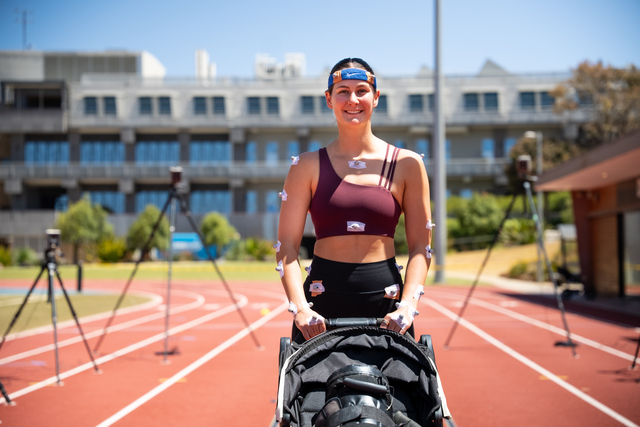A Williamstown North boy has become the subject of a nationwide study after being bitten by a tiger snake.
Snakes rarely release venom when they bite, but 12-year-old Josh McDonald was unlucky and ended up in intensive care for more than 24 hours.
His father, paramedic Warren McDonald, said his son was bitten last month while they were taking their dog for a walk along the Williamstown foreshore path behind the Rifle Range estate.
“In my 25 years in the ambulance I’ve transported a lot of snake bite patients and I’ve only ever had one envenomation,” he said.
Mr McDonald said when their dog pulled his leash out of Josh’s hand and jumped into a pond, Josh chased after it. When he emerged from the reeds, Josh peeled back one sock to reveal a single pin prick on his ankle.
“I didn’t see a snake, I didn’t even feel it until I got out of the reeds,” Josh said.
“After about five minutes I said, ‘I’ve got a pretty bad headache … after another five minutes it was a really bad global headache, like nine out of 10.”
As Josh’s condition deteriorated, his father called an ambulance and he was rushed to the Royal Children’s Hospital.
Doctors at first thought he had gastro. But when Josh started vomiting, swabs and blood were taken which tested positive for tiger snake venom.
Josh is being studied as part of the Australian Snakebite Project, conducted by Dr Geoff Isbister at the tropical toxinology unit at the Menzies School of Health Research and Royal Darwin Hospital.
“Across Australia, only about five to 10 per cent of people bitten or with suspected snake bites actually have envenomation,” Dr Isbister said.
“We study the effects of the … snakes and determine whether antivenom works and whether we’re giving the right dose.”

















